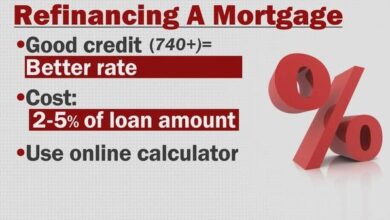Council tax expected to rise by 5% a year

Council tax is set to increase by 5% each year to fund local services, according to documents in the Spending Review. This rise in bills is also expected to contribute to an increase in police funding. While local authorities have the authority to raise the tax by up to 5% annually, some opt for lower increases. However, the Spending Review anticipates that councils will raise it to the maximum level.
The review allocated a 1.1% increase in grant funding to local government, resulting in a 2.6% rise in total spending power for councils. This includes funds that councils can generate from council tax and business rates. In cases where councils need to raise council tax by more than 5%, they must either hold a local referendum or obtain approval from central government.
Council tax has consistently been increased by the maximum of 5% each year due to strained town hall budgets. Some councils facing significant financial challenges have implemented even higher increases in council tax bills.
Chancellor Rachel Reeves clarified that councils are not obligated to raise council tax by 5%, despite the 5% council tax cap imposed by the previous government. She emphasized that the increase is intended to support investments in social care and policing, among other essential services funded through council tax.
In addition to council tax, police spending power is projected to rise by 2.3% annually in real terms. The police precept, incorporated in council tax to fund services like community policing, can be increased by Police and Crime Commissioners by £14 a year for a Band D council tax bill without a referendum. This increase is in addition to the general 5% rise.
The increase in police spending power assumes a rise in the police precept, as indicated in Treasury documents. Police leaders have advocated for greater funding, expressing concerns that the additional funding allocated in the Spending Review would primarily cover officers’ pay.
While the Spending Review includes some areas of support such as children’s services, affordable housing, and transportation investment, Louise Gittins, chair of the Local Government Association, highlighted that council budgets will continue to face severe financial strain. Many councils will likely need to raise council tax to safeguard services while still making necessary cutbacks.
Tiff Lynch, acting chair of the Police Federation for England and Wales, echoed concerns about the impact of continued cuts in the police sector. Despite hopes for a positive shift following years of austerity, the Spending Review indicates ongoing financial challenges that could ultimately burden the public. The government’s decision on police pay in the coming weeks will be crucial in determining the future implications of the Spending Review.





